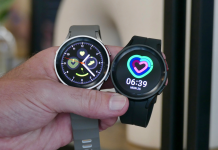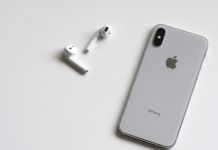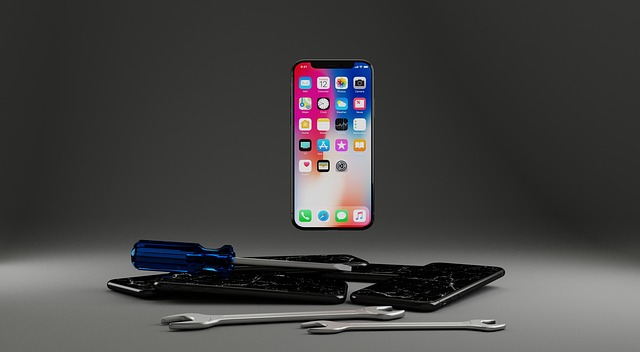In the event that consumers’ Pixel phones are broken, Google has announced a partnership with iFixit to provide access to safe device repairs. The company joins Samsung, which announced a similar partnership just a few weeks ago.
What’s New?
Genuine Google parts for Pixel phones from the Pixel 2 to the Pixel 6 will be available for purchase through iFixit as part of the agreement. Future Pixel smartphone models will be included in the program, as well as typical repair parts such as batteries, screens, and cameras.
These products will be sold separately or as part of kits that contain tools such as screwdriver bits and spudgers. Users in the United States, the United Kingdom, Canada, Australia, and other EU countries where Pixel phones are sold will be able to get spare components.
The agreement is part of Google’s goal to increase the reparability of its gadgets, prolonging their life and usefulness and allowing customers to make more environmentally friendly choices, according to the company.
On the same theme, Google has announced that beginning this year, all Google hardware products will be made entirely of recycled materials, with a goal of maximizing recycled content wherever possible.
According to the firm, it is trying to achieve carbon-neutral shipments of Google hardware items to and from direct consumers by 2022, as well as Zero Waste to Landfill certification by 2022 and plastic-free packaging by 2025.
In March, Samsung said that it would collaborate with iFixit on a similar service, and further details are expected in the coming months to properly describe what users may expect.
These Android repair programs follow Apple and Microsoft’s announcements of self-service repair programs in recent months. Microsoft has also partnered with iFixit to give official Microsoft Surface repair tools to select service providers. Motorola and Steam, according to The Verge, have formed a similar agreement.
Apple’s repair service was announced in November 2021 and will allow customers to join the more than 5,000 Apple Authorized Service Providers and 2,800 Independent Fix Providers who will have access to parts, tools, and manuals to repair Apple goods when it starts later this year.
Changes in company practices, according to sceptics of these repair programs, are more about getting ahead of future new legislation than about environmental sustainability or customer choice.
Until the Federal Trade Commission established a landmark Right to Repair policy in July of last year, Apple, Samsung, and Google showed no signs of allowing customers to repair their own devices — even going so far as to make such repairs more difficult.
However, whether their hearts are in the right place or not, the ultimate result is still a win for customers.








